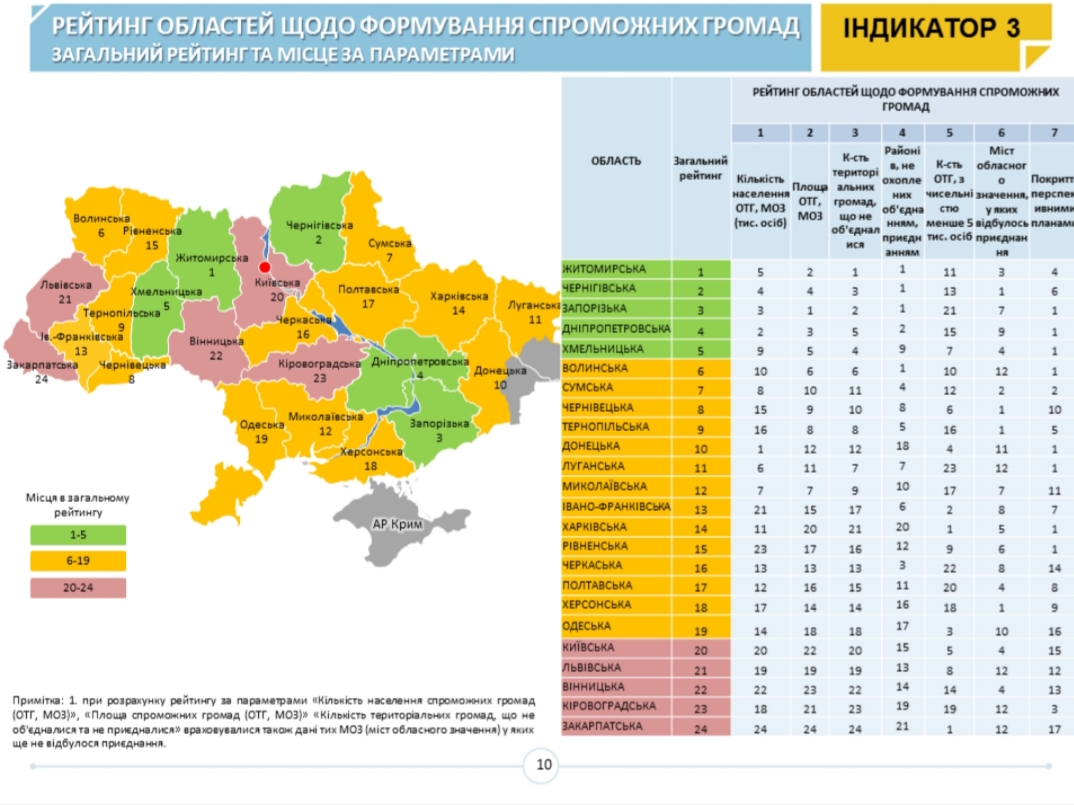Would becoming president and getting а majority in the Parliament be enough for Volodymyr Zelenskyy this year or would he try to get even more power? This is one of the top-questions on Ukraine's agenda, as Zelenskyy's team considered the possibility of holding snap local elections in the whole country in 2019 - instead of autumn 2020 as they are scheduled - despite having no legal grounds for that. While the president and his team come up with controversial statements in this regard, the fight for the capital Kyiv, managed by ex-boxer Vitaliy Klitschko since 2014, has started already.
When Zelenskyy announced snap parliamentary elections during his inauguration speech on 20 May, the legal grounds for that were also questionable. Eventually, it was the Constitution Court which ruled that the 21 July elections would be legal. Why such a rush with elections was needed has become clear when Zelenskyy's Servant of the People party got 254 out of the total 450 seats in the Verkhovna Rada (parliament). It’s highly likely that justification will be found for having snap elections as well. However, Zelenskyy's intentions are far from being clear.
"Everybody asks about the local elections. Are you interested? Do not relax," the president commented after the results of the exit polls regarding the parliamentary elections were released.
“I think that the elections will take place in 2020, however, everything will depend on the local bodies of power,”
Dmytro Razumkov, the leader of the Servant of the People party said.
For sure the early local elections would bring Zelenskyy more levers of influence: the parliamentary elections demonstrated that merely belonging to the party of the popular president was enough for getting no-namers with no experience elected.
But regular parliamentary elections were scheduled for 2019 anyway and Ukraine was more or less prepared to hold them - the yearly budget foresaw the expenditures and other actions. Holding local elections, on the contrary, would be much more complicated.
By the end of July, the rhetorics of Zelenskyy's team regarding the elections changed. Andriy Bohdan, the head of the President’s Office stated that there is no legal ground for early elections. He also pointed at the problem of not completed reform of local self-governance.
The lack of legal ground
According to Ukrainian legislation, regular elections of local councils MPs, mayors, and village and town heads across Ukraine are scheduled for 25 October 2020. The provisions do not foresee either announcing simultaneous early local elections in all the regions or the president’s role in the process.
Ukraine’s Constitution envisages that it is the parliament which sets the local elections for particular councils or mayors - not overall nationwide elections - in case their powers are terminated early. Another reason to hold early elections in a particular location could be the creation of a new united territorial community or a changed district border. The Verkhovna Rada makes such a decision no later than 90 days after the early termination of powers of a local body.
So far, the new parliament has yet to start working. Bohdan, commented that probably the first meeting of the Verkhovna Rada would take place not earlier than 1 September. Meanwhile, talks about early local elections do not subside. However, now their expected date moved from November-December 2019 to spring 2020.
Apart from the lack of legal grounds for holding nationwide local elections, there is another challenge related to the uncompleted decentralization reform.
Decentralization and local elections
The decentralization reform was launched in Ukraine in 2014. It foresaw providing local communities with powers and finances to deal with local issues. Its first stage concerned composing the necessary legislation. Later, the reform moved on to practical levels. As of July 2019, about 924 united territorial communities - the new territorial-administrative units - were created in Ukraine.

Zhytomyr, Chernihiv, Zaporizhzhia, Dnipropetrovsk, and Khmelnytskyi oblasts remain among the leaders of the process. The reform has been labeled as one of the most successful in Ukraine.
Its only trouble is that it has not been completed. Zakarpattia, Kirovohrad, Vinnytsia, Lviv, and Kyiv oblasts remain among the outsiders of the decentralization.
“Unfortunately, the results of someone's inaction in districts are reflected in the quality of people’s lives in these territories. We put hopes on the new squad of the parliament which has a task to provide the legal instruments to complete the reform, and provide its ubiquity,” Viacheslav Hehoda, the first deputy Minister of the Minister for Regional Development, Construction and Housing said.
He also stressed it’s necessary to pass the constitutional amendments which were foreseen by the reform and other legislation, to complete the formation of capable communities and form new districts, to introduce state supervision and control over decisions of the local self-government bodies.
The fact that the reform is unfinished impacts the situation with local elections. The experts of the field agree that the conditions for early elections are not favorable.
Yuriy Hanushchak, the president of the Institute for the Development of Territories NGO noted that Zelenskyy stated several times that is ready to continue the reform. However, according to the expert, holding the elections using the old administrative base would testify to its 100% collapse.
Oleksandr Korinnyi, the head of the Association of the United Territorial Communities also criticized the idea of the early elections and said that the heads of the communities also do not support it.
“If we form the new territorial structure in a rush we would not be able to discuss it with people. However, it is highly important. Additionally, we have to amend the Constitution and complete the new administrative-territorial base in time. Another option, holding the elections according to the old structure is unacceptable. Half of Ukraine would live in districts and the other half - in united communities? Then the reform would be frozen for 5 more years. I do not see any benefits for the self-governance from the local elections,” Korinnyi said.
So far the group dealing with the decentralization reform within the president's team suggested holding the administrative reform. It foresees reducing the number of districts from 490 to 100.
No matter whether the president and his team would dare to organize the early local elections or not, Zelenskyy's words "do not relax" remain relevant for the local governments. A dramatic realignment of forces is expected.
Meanwhile, Zelenskyy has already gone after attaining more power over Kyiv by attempting to strip mayor Vitaliy Klitschko of part of his powers.

